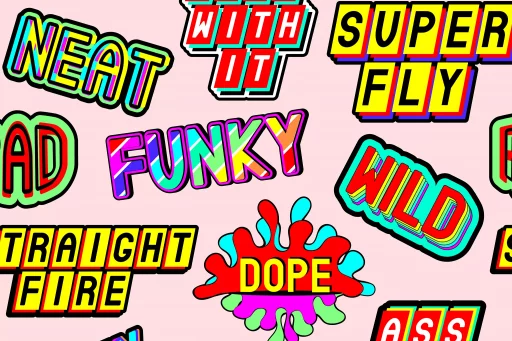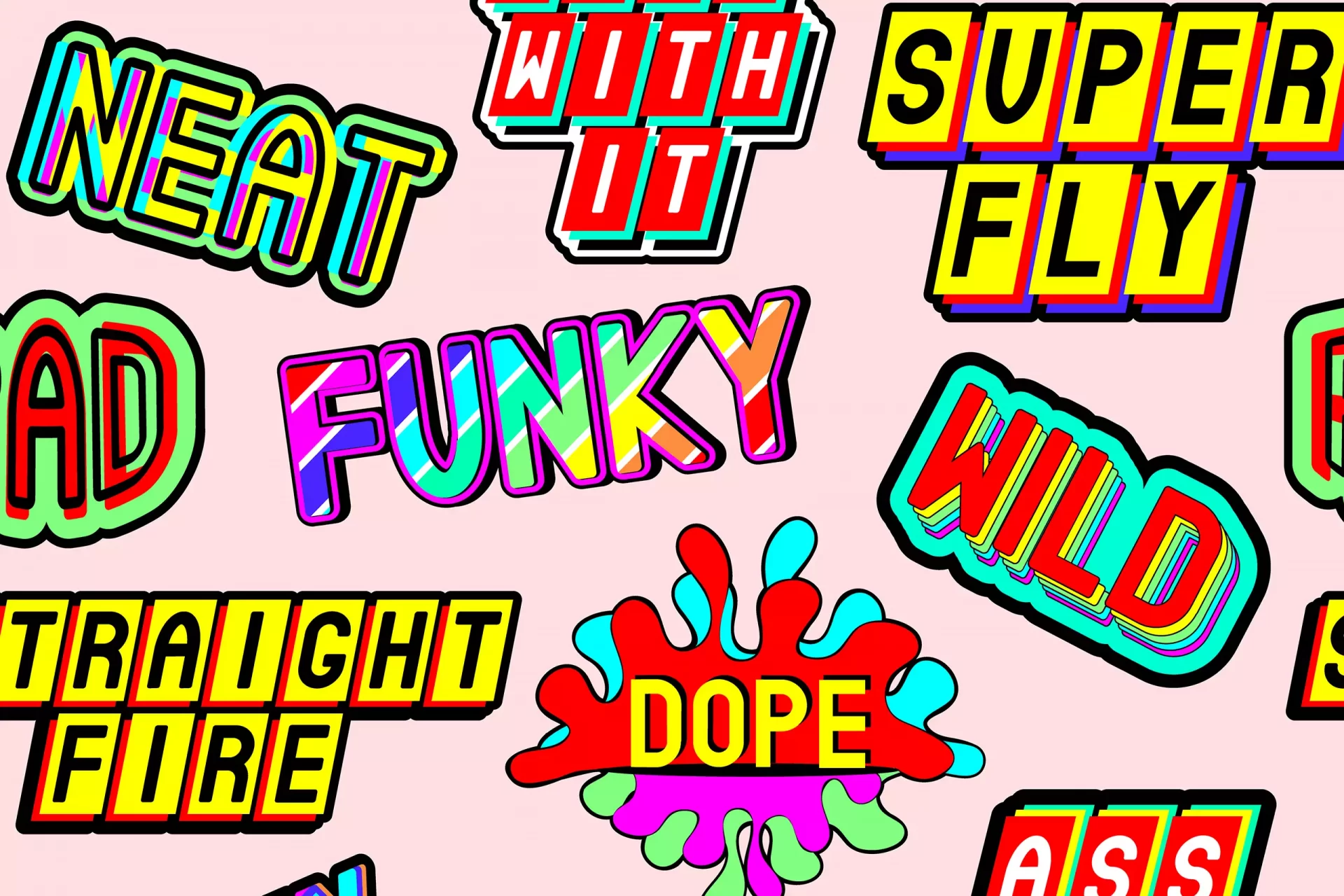What Does ‘Crunchy’ Mean in Slang?
The word ‘crunchy’ has transcended its literal meaning, often associated with the sound or texture of food, and has decidedly found its niche in slang. In contemporary vernacular, it can embody a variety of interpretations, often dependent on the context it’s used in. But what exactly does it mean? Let’s break down this slang term.
Roots of the Term ‘Crunchy’
Originally, ‘crunchy’ described food items that had a hard texture, producing a crisp sound when bitten into. However, this notion evolved when communities, particularly within the alternative and eco-friendly lifestyles, began using it as slang. The term is used to convey a lifestyle that embraces natural living, an eco-conscious approach, and sometimes, a disdain for mainstream culture.
The ‘Crunchy’ Lifestyle
A ‘crunchy’ person is often someone who prioritizes organic food, environmental sustainability, and a holistic approach to health and living. Here are some characteristics often associated with this lifestyle:
- Organic and whole foods consumption.
- Support for local farmers and eco-friendly products.
- A focus on sustainable living practices.
- Natural parenting choices such as cloth diapers and home births.
- A generally earthy or bohemian aesthetic.
Example Usage of ‘Crunchy’
In conversations, ‘crunchy’ can be employed either positively or negatively, depending on the speaker’s intent:
- Positive Use: “I met a really crunchy group at the festival; they were all about sustainability and had a great local farm-to-table setup.”
- Negative Use: “Honestly, that guy is too crunchy for me. All he talks about is organic this and sustainable that.”
Related Slang Terms
The linguistic playground of slang is vast. ‘Crunchy’ is not the only term floating around that conveys specific lifestyle choices or attitudes. Here are a few related terms:
- Hipster: Often used to describe individuals who are typically associated with a particular trend, especially in fashion, art, and food.
- Granola: This term is also used to describe individuals with similar philosophies, emphasizing natural and organic living.
- Modern Hippie: Represents a blend of traditional and contemporary values, often with an emphasis on peace, love, and environmentalism.
Case Studies: Crunchy Communities
Examining specific groups helps illuminate what ‘crunchy’ truly encompasses. The “Crunchy Mama” community on social media platforms, for example, consists of parents who share advice on natural parenting and eco-friendly products. This forum not only allows for the exchange of ideas but also fosters a captivating atmosphere of support. Posts often revolve around topics like:
- Homemade baby food recipes.
- Tips for reducing plastic waste.
- Natural remedies for common ailments.
- Discussions on sustainable fashion choices.
Statistics reveal that as of 2023, more than 70% of parents in the U.S. are inclined toward organic products for their children, reflecting a significant shift toward the ‘crunchy’ lifestyle.
The Impact of Social Media on ‘Crunchy’ Culture
Platforms like Instagram and Pinterest play a crucial role in popularizing ‘crunchy’ ideals. Influencers promoting eco-friendly living and natural parenting have amassed large followings, showcasing trends such as:
- DIY natural beauty products.
- Home gardening and permaculture.
- Zero-waste cooking practices.
The hashtag #CrunchyMama has over 2 million posts on Instagram, demonstrating the reach and engagement of this lifestyle.
Conclusion: Embracing ‘Crunchy’ Culture
Understanding the term ‘crunchy’ within its slang context reveals much about societal shifts toward environmentalism, holistic health, and alternative lifestyles. Whether viewed with admiration or skepticism, the ‘crunchy’ movement illustrates a strong connection to sustainable living practices, reflecting a growing consciousness regarding consumer habits. As more individuals seek to embrace this lifestyle, it’s evident that the term ‘crunchy’ has firmly secured its place in modern culture.


